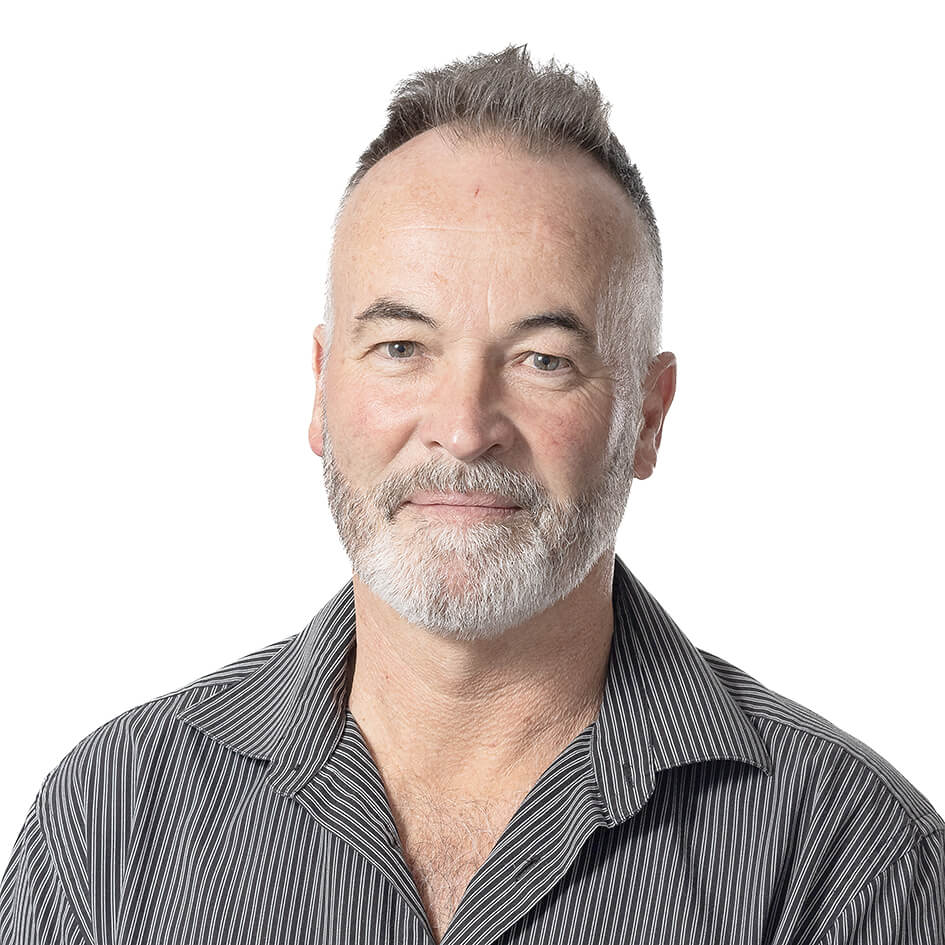The discharge of contaminants to waterways is something that Waikato Regional Council (WRC) is charged with monitoring and preventing.

Clyde Graf
Recently, a prominent Waikato farming company was fined for discharging “a large volume of dairy effluent in a paddock”. The $94,500 prosecution was initiated by the regional council. Clearly, the potential contamination of waterways is taken very seriously by council.
Pureora farmers Peter Grant and Tina Goldsmith contacted me last week, concerned about an aerial 1080 poisoning operation happening this month, and surrounding their farm.
They say they have endured 10 aerial operations over 30 years, witnessing the horrific deaths of five of their dogs, other farm animals and wildlife, following previous regional council operations.
Peter and Tina say it is pretty demoralising and they’ve had to collect baits from their paddocks following over-sprays, leaving some paddocks too dangerous to stock.
Although they’re supplied bottled water following the aerial operations – because of contamination to their water supplies – they argue it’s insufficient. They say their neighbours are unhappy too.
Information provided by Peter and Tina reveals that it’s the council and the Department of Conservation poisoning 85,000 hectares of the Pureora Forest Park and surrounding area, with enough 1080 – based on the manufacturer’s warning label – to kill 2.5 million people, in this operation alone.
The Waikato farmers have good reason to be upset. Information supplied by DOC shows that when the aerial operations are undertaken, the deadly bait is spread not only across land, but also directly into almost all waterways within the operational boundaries.
The 1080 poison is manufactured in the United States and its warning label states “This product is very highly toxic to mammals and other wildlife. Birds and mammals feeding on the carcasses of contaminated livestock may be killed. Keep out of any body of water. Apply this product as only specified on the label.”
The warning is hardly surprising, given 1080 poison has no antidote and is listed in the World Health Organisation’s most toxic category. In New Zealand, the toxic baits and animal carcasses are left to decompose where they fall, on land and in water.
In most states of America, 1080 poison is banned. The US manufacturer, Charles Wiggly, says the United States uses just four tablespoons of pure 1080 poison per year (in sheep collars, used against coyote attacks). New Zealand, he says, purchases most of the five tonnes of pure poison he manufactures, annually. That’s more than enough poison to kill over 50 million people, each year. That’s potentially a lot of contaminated aquifers, and yet testing for 1080 or its metabolites in aquifers isn’t undertaken.
In 2015, WRC, DOC and TB Free jointly applied for a resource consent to spread 1080 poison across land and water for another 35 years, but in 2017, John Key’s Government exempted 1080 poison from needing a resource consent, so the joint application was dropped. That isn’t surprising, given our Government owns the factory that imports pure 1080, and manufactures the bait.
The regional council’s position on prosecuting farmers for contaminating waterways with effluent seems hypocritical, given that it spreads the deadly pesticide 1080 directly into those same waterways, and with impunity.








